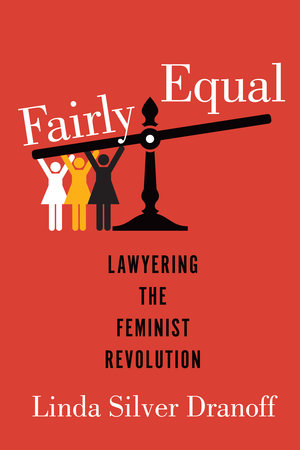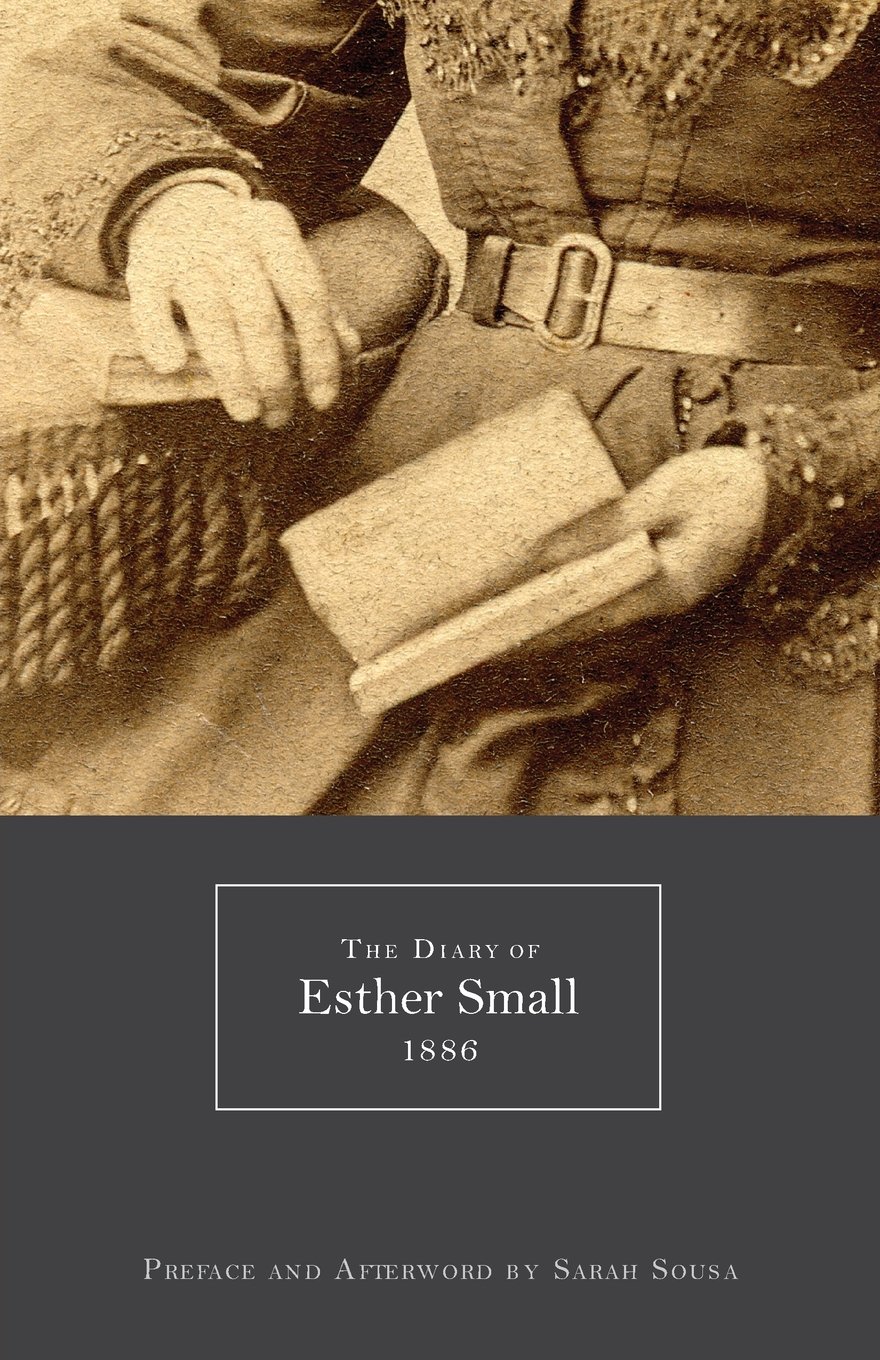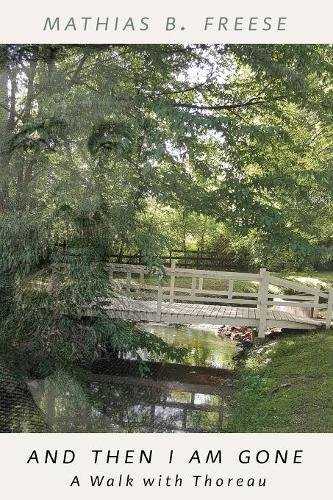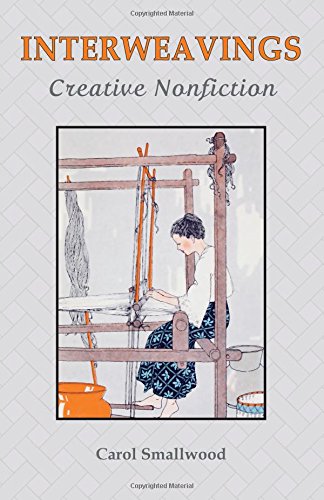 Millburn and Nicodemus used their own discontent as a springboard to identifying the things that were ‘anchoring’ them or holding them back from finding meaning in their lives. This included the big mortgage payments that came with the expensive houses, unhealthy relationships, car payments, debts, continual spending and the high pressure careers with long hours that were required to keep the cycle going.
Millburn and Nicodemus used their own discontent as a springboard to identifying the things that were ‘anchoring’ them or holding them back from finding meaning in their lives. This included the big mortgage payments that came with the expensive houses, unhealthy relationships, car payments, debts, continual spending and the high pressure careers with long hours that were required to keep the cycle going.
Category: Non fiction reviews
A review of Rome: A History in Seven Sackings by Matthew Kneale
 Kneale’s two-millennium travel guide has enlightened my understanding on everything Roman, and this experience will remain within my mind indefinitely. This excellent book delivers a century-by-century account of Rome’s inhabitants, their commercial and cultural challenges along with endless religious disruptions and several sieges commencing with the Battle of Allia by the Gauls (Celts).
Kneale’s two-millennium travel guide has enlightened my understanding on everything Roman, and this experience will remain within my mind indefinitely. This excellent book delivers a century-by-century account of Rome’s inhabitants, their commercial and cultural challenges along with endless religious disruptions and several sieges commencing with the Battle of Allia by the Gauls (Celts).
A review of Little Me by Matt Lucas
 There’s a graciousness and respect that underlies all of the stories in this book. Little Me creates the feeling that the reader is being taken into a very relaxed confidence, in which we get to hear the juicy backstage details as if they were being whispered to us over a cup of tea. Obviously this is a book that will be far more enjoyable for fans than for those who have never seen Matt Lucas’ work – there are a lot of references to his shows, and reading about the processes behind the shows is definitely part of the enjoyment of this gentle, self-deprecating, sometimes slapstick, but always moving memoir.
There’s a graciousness and respect that underlies all of the stories in this book. Little Me creates the feeling that the reader is being taken into a very relaxed confidence, in which we get to hear the juicy backstage details as if they were being whispered to us over a cup of tea. Obviously this is a book that will be far more enjoyable for fans than for those who have never seen Matt Lucas’ work – there are a lot of references to his shows, and reading about the processes behind the shows is definitely part of the enjoyment of this gentle, self-deprecating, sometimes slapstick, but always moving memoir.
A review of Scorn by Matthew Parris
 Not only does this book deliver 432 pages of compressed and valuable entertainment, it releases a multitude of ready responses that if rehearsed well, will provide a source of heavy artillery for any form of social intercourse within societies’ boundaries. This is also a vernacular most Australians accept as dinkum.
Not only does this book deliver 432 pages of compressed and valuable entertainment, it releases a multitude of ready responses that if rehearsed well, will provide a source of heavy artillery for any form of social intercourse within societies’ boundaries. This is also a vernacular most Australians accept as dinkum.
A review of Fairly Equal: Lawyering the Feminist Revolution by Linda Silver Dranoff
 As part of the “second wave” women’s movement, Ms Silver Dranoff has helped elevate Canadian women from second class citizenship to a position that is “fairly equal” to men – although there is still more to be done.
As part of the “second wave” women’s movement, Ms Silver Dranoff has helped elevate Canadian women from second class citizenship to a position that is “fairly equal” to men – although there is still more to be done.
A review of The Diary of Esther Small 1886 edited and transcribed by Sarah Sousa
 Sousa was not simply intrigued. She was invested. She deciphered the entries, sleuthed the cemetery records and censuses, and extensively researched nineteenth century women’s diaries, as evidenced in her luminous afterword on the subject. Surpassing the role of transcriber of Small’s logbook, Sousa became conservator and steward of the archive of her daily life.
Sousa was not simply intrigued. She was invested. She deciphered the entries, sleuthed the cemetery records and censuses, and extensively researched nineteenth century women’s diaries, as evidenced in her luminous afterword on the subject. Surpassing the role of transcriber of Small’s logbook, Sousa became conservator and steward of the archive of her daily life.
A review of Kilted Yoga by Finlay Wilson
 Because the text is minimal and the pictures large, it’s easy to follow along, especially if you’ve done yoga before. It might be a little trickier for absolute beginners, although none of the poses are particularly complex. The book can also be used as inspiration, as a way of adding to an existing practice with a few new poses, meditations or visualisations. All in all, Kilted Yoga is a bonny wee resource to help anyone get the most out of a regular yoga practice.
Because the text is minimal and the pictures large, it’s easy to follow along, especially if you’ve done yoga before. It might be a little trickier for absolute beginners, although none of the poses are particularly complex. The book can also be used as inspiration, as a way of adding to an existing practice with a few new poses, meditations or visualisations. All in all, Kilted Yoga is a bonny wee resource to help anyone get the most out of a regular yoga practice.
A review of And Then I Am Gone by Mathias B Freese
 Not only do Freese and I concur on how a psychotherapist best engages with a client, but our approach to writing books also bisects. I too write to try to understand myself, indeed without outlines or a rigid plot structure. I daresay he would nod eagerly in understanding that your characters, given the chance, tell the story for you if you’ll listen to them, and in a more honest, exciting way.
Not only do Freese and I concur on how a psychotherapist best engages with a client, but our approach to writing books also bisects. I too write to try to understand myself, indeed without outlines or a rigid plot structure. I daresay he would nod eagerly in understanding that your characters, given the chance, tell the story for you if you’ll listen to them, and in a more honest, exciting way.
A review of Interweavings by Carol Smallwood
 Interweavings rings a perspective that prompts readers to go beyond an interpretation of Smallwood’s stories as descriptive pieces, to a body of work that provides a faceted look at the small moments of life that communicates deeper meanings and speaks to experiences Smallwood narrates from her reflections across her lifetime.
Interweavings rings a perspective that prompts readers to go beyond an interpretation of Smallwood’s stories as descriptive pieces, to a body of work that provides a faceted look at the small moments of life that communicates deeper meanings and speaks to experiences Smallwood narrates from her reflections across her lifetime.
Environmental Justice: Nature and Nation, Wealth and Waste in Carl A. Zimring’s scholarship (Clean and White)
 Some questions remain. How will different perspectives be reconciled? How will a nation’s citizens conserve what is good, while achieving progress beyond what is bad? How will people get what they need from the earth, while still protecting the land—and respecting all its people? True prophecy is rare—and arrogance can lead to destruction.
Some questions remain. How will different perspectives be reconciled? How will a nation’s citizens conserve what is good, while achieving progress beyond what is bad? How will people get what they need from the earth, while still protecting the land—and respecting all its people? True prophecy is rare—and arrogance can lead to destruction.